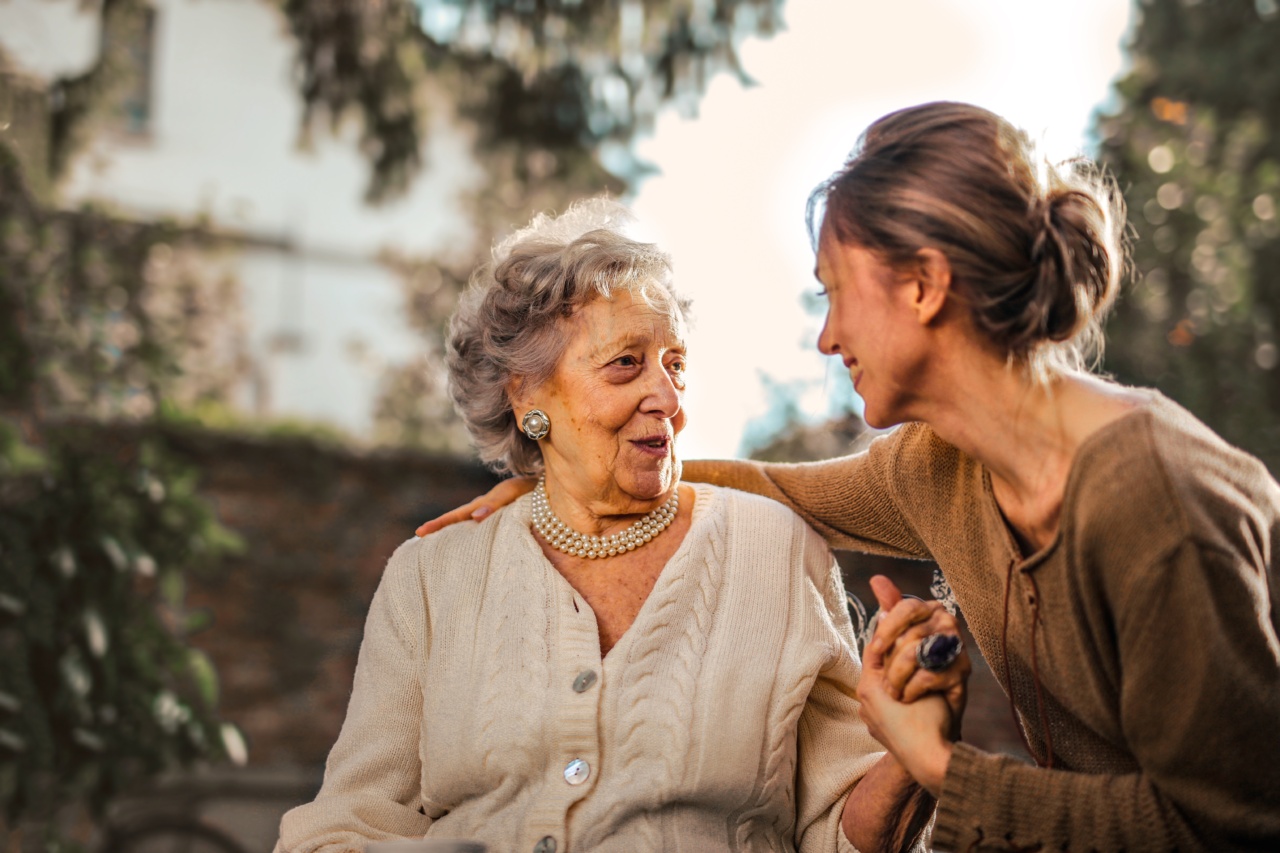Acne, a common skin condition that usually affects teenagers, can also be a persistent issue for adults. Adult acne can be frustrating and embarrassing, causing emotional distress and affecting one’s self-confidence.
In order to effectively address adult acne, it is important to understand its causes and explore natural remedies that can help alleviate the condition.
The Causes of Adult Acne
Adult acne, similar to teenage acne, is primarily caused by an increase in hormones called androgens. These hormones stimulate the sebaceous glands in the skin, leading to an overproduction of sebum.
When excess sebum combines with dead skin cells and bacteria, it clogs the pores and creates an environment for acne formation.
While hormonal fluctuations are the primary cause of adult acne, other factors can contribute to its occurrence:.
1. Stress
Stress can trigger hormonal imbalances in the body, leading to increased sebum production and breakouts. Managing stress through relaxation techniques like meditation, yoga, or regular exercise can help reduce the occurrence of adult acne.
2. Diet
Consuming a diet high in processed foods, refined sugars, and unhealthy fats can worsen acne symptoms. These foods can increase inflammation in the body and trigger hormonal changes.
Opting for a balanced diet rich in fruits, vegetables, and lean proteins can help improve skin health.
3. Skincare Products
Using the wrong skincare products or harsh ingredients can irritate the skin and exacerbate adult acne. It is important to choose non-comedogenic, oil-free, and gentle products suitable for acne-prone skin.
Avoiding abrasive scrubs and opting for gentle cleansers and moisturizers can make a significant difference.
4. Hormonal Changes
Women may experience adult acne due to hormonal fluctuations during menstruation, pregnancy, or menopause. Consulting with a healthcare professional or dermatologist can help identify suitable treatments to manage acne during these periods.
5. Environmental Factors
Exposure to pollution, humidity, and certain climates can contribute to adult acne. Frequently washing the face, using oil-free sunscreen, and avoiding heavy makeup can provide some protection against environmental factors that can trigger acne.
Natural Remedies for Adult Acne
Addressing adult acne does not always require harsh treatments or medications. There are several natural remedies that can help improve the condition:.
1. Tea Tree Oil
Tea tree oil has natural antibacterial properties that can help kill acne-causing bacteria. Applying diluted tea tree oil to affected areas can reduce inflammation and prevent further breakouts.
2. Aloe Vera
Aloe vera gel has soothing and anti-inflammatory properties that can help calm irritated skin and reduce redness associated with acne. Applying pure aloe vera gel to acne-prone areas can provide relief and aid in the healing process.
3. Apple Cider Vinegar
Apple cider vinegar has astringent properties and can help balance the skin’s pH levels. Diluting apple cider vinegar with water and using it as a toner can help unclog pores and reduce acne symptoms.
4. Witch Hazel
Witch hazel is a natural astringent that can help remove excess oil from the skin and reduce inflammation. Applying witch hazel to acne-prone areas can help control breakouts and soothe the skin.
5. Green Tea
Green tea is rich in antioxidants and has anti-inflammatory properties. Consuming green tea or applying it topically can help reduce acne symptoms and promote overall skin health.
6. Zinc
Zinc is an essential mineral that plays a role in regulating hormones and reducing inflammation.
Taking a zinc supplement or incorporating foods rich in zinc, such as pumpkin seeds and spinach, into the diet can support healthy skin and alleviate acne symptoms.
7. Probiotics
Probiotics, often found in fermented foods or as supplements, can help balance the bacteria in the gut and improve overall skin health.
Consuming probiotics regularly can support the body’s response to inflammation and reduce the occurrence of acne.
8. Honey
Honey has natural antibacterial properties and can help reduce inflammation. Applying a thin layer of raw honey to acne-prone areas and leaving it on for a few minutes before rinsing off can calm the skin and promote healing.
9. Clean Bedding and Towels
Regularly changing and washing bedding, pillowcases, and towels can prevent the buildup of bacteria and oils that can contribute to acne breakouts. Maintaining a clean environment for the skin can aid in reducing acne symptoms.
10. Hydration and Healthy Lifestyle
Drinking an adequate amount of water daily can help flush out toxins and keep the skin hydrated.
Additionally, adopting a healthy lifestyle that includes regular exercise, sufficient sleep, and reduced alcohol and tobacco consumption can contribute to overall skin health.































